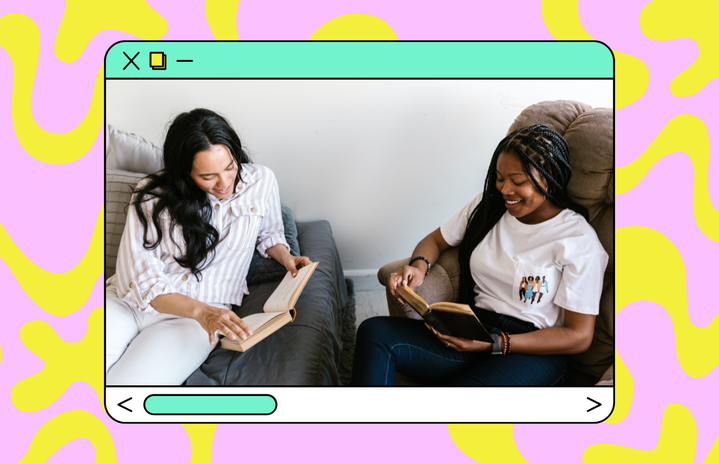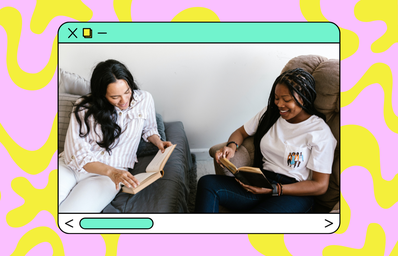Last winter, I was looking for something to read that felt real—something that reflected the imperfections and vulnerabilities I saw in my own life; in my own relationships and choices. Enter Everything I Know About Love, Dolly Alderton’s 2018 critically acclaimed memoir—I had seen its blue cover circulating my TikTok and Instagram feeds, but had yet to pick it up for myself, and when I did I devoured every page, taking only a couple of days to read the book. Immediately after, I started recommending it to all the women in my life. You have to read this, I’d say, and pass on the text which I believe best captures the lived experience of young women everywhere.
What sets apart Alderton’s writing is her ability to share raw—and at some points, heart-aching—honesty and truth, from which both her sarcastic humour and profound wisdom stem. Everything I Know About Love recounts Alderton’s firsthand experiences with dating, friendships, figuring out adulthood, and finding herself. Her commentary on the fine line between loneliness and independence is poignant in its ability to place the mess of emotion and excitement that is young adulthood into the bigger picture of life itself.
Alderton presents each stage of her life with a list of everything she believed about love at that time, perfectly encapsulating the beliefs young women widely accept as the truth—the kinds of sentiments that start as shared whispers at sleepovers and follow us into young adulthood in the form of media, gossip, and societal tensions. Her lists change as she learns from each defining moment in her life, and by the end of the memoir, she leaves the reader with a list of which the underlying theme is embracing who you are and living in a way that is kind and true to yourself. While her thoughts from her teen years are marked with a dramaticized tone so associated with adolescence—”When I’m a single woman in London I will be extremely elegant and slim and wear black dresses and drink martinis and will only meet men at book launches and at exhibition openings,”—the reflections she shares in the last sections of the book are thoughtful and wise: “More often than not, the love someone gives you will be a reflection of the love you give yourself.”
However, Alderton is not just willing to share the highs and lows of her relationships—she reckons with herself, too, bringing her audience along for the ride when it comes to her biggest moments, and she lets us look in the mirror with her as she intertwines losing and finding herself. She confronts the most flawed parts of her character in order to gain the wisdom she shares, a fact she does not hide. In fact, her vulnerability brings out the same in the reader, allowing her audience of mostly young adult women to flip through the pages and identify with a variety of truths; a mix of the good, the bad, and the ugly. She admits openly to her life turning out differently than she had imagined, and not in alignment with the timeline of accomplishments she had envisioned in her youth. The fears of getting older, being single, and losing people are hallmarks of her twenties, and while she acknowledges the difficulty of getting over one’s anxieties (especially as women, given the expectations that we ‘settle down’ by a certain point), she gains perspective through experience and the passage of time, and this road to contentment both with herself and with life is a journey she takes her audience along.
My friends and I jokingly refer to Everything I Know About Love as a sacred text, or otherwise as a guide to live by—not because Dolly Alderton is perfect, but because neither are we. Alderton’s memoir publicizes the common experience of women everywhere, including the parts we assume we have to make peace with: the pressure to find ‘the one’, before you’re past your prime; the need to be a perfect balance of beautiful, intelligent, and fun; the expectation to seamlessly assimilate into adulthood with it all figured out. To return to Alderton’s vision for her future self: “When I’m a single woman in London I will be extremely elegant and slim and wear black dresses and drink martinits and will only meet men at book launches and exhibition openings,” this puts words to the image of sleek, sexy perfection we as women idealize because society idealizes it for us. Everything I Know About Love changed the way I envisioned my future self, in the sense that I stopped picturing the twenty-something version of me as something for others to admire and envy, and started picturing my future life as something I am happy to live.


